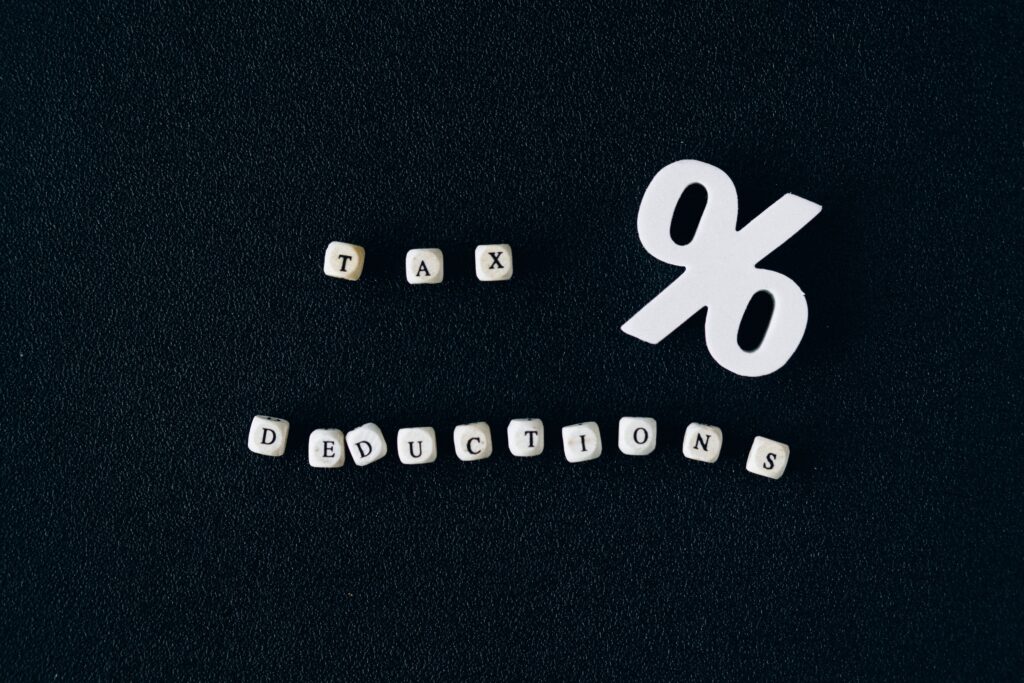Prevent Taking A Tax Loss On Gambling Wins
For those who enjoy a bit of gambling, the tax implications are not to be taken lightly.
Imagine gambling over the year, losing money, and then having to pay $13,898 in taxes on your gambling activities. This is a feasible quagmire for the casual gambler. In this article, we’ll delve into a real-life example of how this could happen, but first, let’s get a clear view of the federal income tax rules for non-professional gamblers:
- Your winnings are considered taxable income.
- While your losses can be deducted, there are limitations: they can only offset your winnings if you itemize your deductions.
- It’s important to be aware that casinos and other payors may be required to report your winnings to the IRS using Form W-2G.
Now, let’s consider an example involving a person named Wilson, who is married and filing jointly. Wilson wins $15,000 but incurs losses of $40,000. Here are two key takeaways from this scenario:
- Wilson’s itemized deduction for gambling losses is capped at $15,000.
- If he opts not to itemize, he ends up paying taxes on the full $15,000 without any allowance for his losses.
This sets the stage for a potentially messy situation. Now, let’s move on to a recent court case that sheds light on this issue.
The Bright Gambling Case:
Jacob Bright indulged in extensive gambling, where his losses surpassed his winnings at three Midwestern casinos. His substantial wins on slot machines led to those casinos reporting his earnings on IRS Form W-2G. This form is typically filed when a gambler wins $1,200 or more at a slot machine, and Bright’s total W-2Gs for the year amounted to a whopping $110,553.
Bright engaged a tax preparer who classified him as a professional gambler and listed gross gambling receipts and losses of $240,895 on his Schedule C. However, an IRS audit ensued, leading to a series of determinations:
- The IRS disagreed with Bright’s status as a professional gambler.
- They accepted the reported $240,895 in winnings.
- The IRS disallowed his losses.
- A hefty tax bill of $68,214, along with an understatement penalty of $13,643, was imposed.
In response, Bright took his case to the Tax Court, acknowledging that he was not a professional gambler. He contended that his gambling income should either be $110,533 or zero.
The Tax Court’s Leniency:
Many amateur gamblers tend to lack detailed recordkeeping habits, and Bright was no exception. He had no records of his wins and losses. Consequently, the Tax Court decided not to lower the amount of Bright’s gambling income, as he failed to present any evidence suggesting it should be less than $240,895. The court recognized casino records and Bright’s testimony, as evidence of a year with no net winnings.
Fortunately, Bright’s player’s card helped him.
He had habitually used a player’s card when gambling at these casinos, enabling him to produce casino win/loss statements associated with his player’s card. Some of these statements were on an annual basis, while one casino provided monthly win/loss statements.
Under the authority of the Cohan rule, which permits the court to estimate expenses based on a reasonable basis, the Tax Court relied on these win/loss statements to establish the minimum losses Bright had incurred. The court’s decision to separately determine the minimum annual losses for each of the three casinos he had frequented, was advantageous for Bright.
Two of the annual casino win/loss statements indicated net losses for the year, and the majority of the monthly win/loss statements from the third casino also displayed losses. The Tax Court combined these losses with the amount of winnings reported on each Form W-2G from each casino. The court reasoned, correctly in our view, that in order to have net losses on each win/loss statement, Bright must have lost all the W-2G winnings.
After including the $110,533 indicated on the W-2Gs to the losses stated in the win/loss statements, the Tax Court ruled that Bright could claim total losses of $191,756, eligible for itemized deductions on Schedule A. This resulted in taxable winnings of $49,130 for the year, along with an exemption from the underpayment penalty.
In conclusion, Jacob Bright found himself in a rather unique situation in Tax Court. He emerged from the ordeal as well as could be hoped, considering his complete absence of gambling winnings and a tax bill of $13,898.
Where Did Bright Go Wrong?
Bright testified that his gambling losses exceeded his winnings, and the Tax Court believed him. However, the problem lay in his inability to provide concrete proof of his actual losses that the court could use. Gamblers, even those who engage in recreational gambling, are expected to maintain contemporaneous records of their wins and losses. Ideally, this should take the form of a paper or electronic gambling log or diary.
Records should contain critical details such as:
- the date
- name and location of the gambling establishment
- the type of wagers made
- the amounts won or lost during each gambling session
- the names of individuals present during the session.
It’s possible to monitor gambling wins and losses by the session.
When the year concludes, you can separately sum up the winning gambling sessions and the losing sessions. Recreational gamblers encounter a disadvantage when they choose not to itemize their tax filings. Why? Because they’re unable to deduct their losses, but obliged to pay taxes on winnings.
There isn’t a precise definition of what constitutes a gambling session. Generally it refers to any continuous period of play at the same game in the same establishment, typically within the span of a day. For slot play, the IRS has proposed a safe harbor definition: a period of uninterrupted slot play at the same gaming establishment within one calendar day.
Had Jacob Bright meticulously tracked his wins and losses by the session; his losses could’ve offset his winnings, significantly reducing his overall taxable winnings for the year.
Key Lessons for Recreational Gamblers:
The unmistakable lesson here is to avoid finding yourself in Jacob Bright’s shoes, particularly if you engage in frequent gambling. Make it a habit to keep records of your wins and losses by the session. You never know when you might hit a substantial jackpot that the IRS requires reporting on.
Following Bright’s example, use a player’s card when gambling at a casino. This ensures that your wins and losses are electronically tracked, and you can conveniently acquire casino win/loss statements.
However, win/loss statement may not always be a complete substitute for self-maintained, session-based gambling records. These statements often lack the precision of tracking wins and losses by the session and are not guaranteed to be entirely accurate. Casinos typically include disclaimers on their win/loss statements, emphasizing that these statements are estimates and not definitive accounting records.
While the IRS and the Tax Court sometimes make use of win/loss statements, they are not obliged to do so.
If you find yourself without self-maintained session-based gambling records and undergo an IRS audit, it’s wise to emulate Bright’s approach. Present your win/loss statements alongside bank records, demonstrating that you did not accumulate substantial winnings during the period in question.
Moreover, request the IRS examiner to estimate your annual losses in a manner similar to the approach taken in Bright’s case. If a win/loss statement indicates an annual loss, be sure to add the amount of any Form W-2Gs issued by that casino to the losses reported on the statement.”
Gambling tax mishaps are a perfect example of expensive and unintentional oversights. As the end of the year draws nearer, a professional review is essential for the best outcome with the IRS. If you are a business owner with more than $150k in net revenue for 2023, schedule your free consultation to learn about ISCPA’s $10k guarantee!










